Our sense of who we are is thought to be influenced by things like our childhood experiences, our interactions with others, and now, researchers say, our bodies. A study appearing today (August 26, 2020) in the journal iScience shows that, when pairs of friends swapped bodies in a perceptual illusion, their beliefs about their own personalities became more similar to their beliefs about their friends’ personalities. The findings suggest that this close tie between our psychological and physical sense of self is also involved in functions like memory: when our mental self-concept doesn’t match our physical self, our memory can become impaired.
“As a child, I liked to imagine what it would be like to one day wake up in someone else’s body,” says first author Pawel Tacikowski, a postdoctoral researcher at Karolinska Institutet in Sweden. “Many kids probably have those fantasies, and I guess I’ve never grown out of it — I just turned it into my job.”
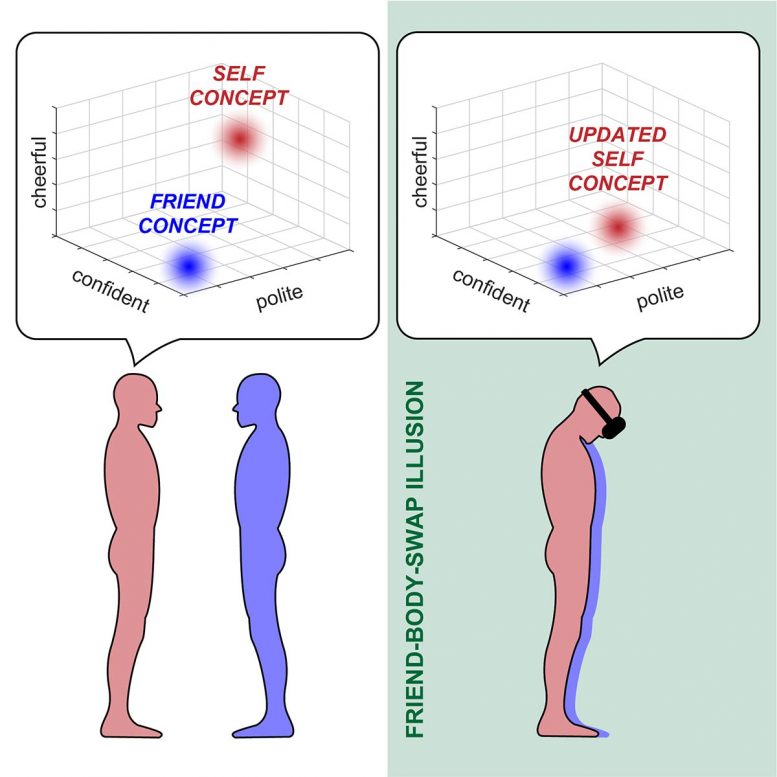
This image shows how the self-concept changes after the perceptual illusion. Credit: Pawel Tacikowski
The team from the Brain, Body, and Self Laboratory led by Henrik Ehrsson outfitted pairs of friends with goggles showing live feeds of the other person’s body from a first-person perspective. To further the illusion, they applied simultaneous touches to both participants on corresponding body parts so they could also feel what they saw in the goggles. After just a few moments, the illusion generally worked; to show that it did, the researchers threatened the friend’s body with a prop knife and found that the participant broke out into a sweat as if they were the one being threatened. “Body swapping is not a domain reserved for science fiction movies anymore,” Tacikowski says.
Participants were only made to feel like they had “woken up in someone else’s body” for a brief period of time, but that was long enough to significantly alter their self-perception. Before the body swap, participants rated their friends on traits like talkativeness, cheerfulness, independence, and confidence. Compared to this baseline, during the swap, they tended to rate themselves as more similar to the friend whose body they were in.
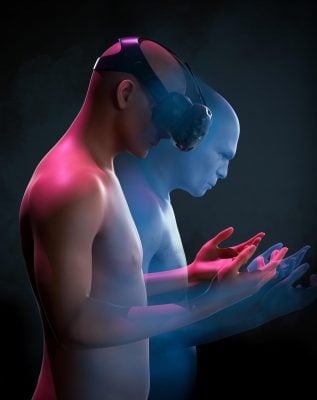
This image shows an artistic depiction of changing bodily self-concept while wearing the goggles. Credit: Mattias Karlen
The illusion also impacted memory. “There is a well-established finding that people are better at remembering things that are related to themselves. So, we thought if we interfered with one’s self-representation during the illusion, that should generally decrease their memory performance,” says Tacikowski.
And it did: participants in the illusion generally performed worse on memory tests. More importantly, however, participants who more fully embraced their friend’s body as their own and significantly adjusted their personality ratings to match how they rated their friend performed better on the tests than those who indicated they felt disconnected from their body. The researchers say this could be because they had less “self-incoherence,” meaning that their mental and physical self-representations still aligned.
These findings may be important when looking at depersonalization disorder, where people feel an incoherence between their mental state and their bodies, and other psychiatric disorders like depression. “We show that the self-concept has the potential to change really quickly, which brings us to some potentially interesting practical implications,” says Tacikowski. “People who suffer from depression often have very rigid and negative beliefs about themselves that can be devastating to their everyday functioning. If you change this illusion slightly, it could potentially make those beliefs less rigid and less negative.”
For now, though, he wants to formulate a more general framework for how the sense of self is constructed across the bodily and psychological levels. “Now, my mind is occupied with the question of how this behavioral effect works — what the brain mechanism is,” says Tacikowski. “Then, we can use this model for more specific clinical applications to possibly develop better treatments.”
Reference: “Perception of Our Own Body Influences Self-Concept and Self-Incoherence Impairs Episodic Memory” by Pawel Tacikowski, Marieke L. Weijs and H. Henrik Ehrsson, 26 August 2020, iScience.
DOI: 10.1016/j.isci.2020.101429
This work was supported by the Swedish Research Council, Torsten Söderberg Stiftelse, Göran Gustafsons Stiftelse, and the European Commission.

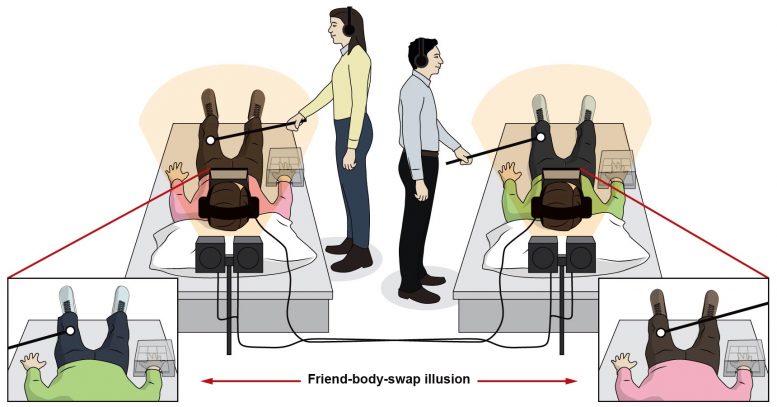
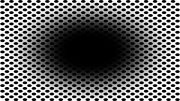




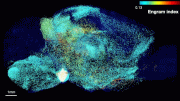

From my own experiance,the brain that we believe is the main drive for our behavior and sensitivity to the surrounding of us, for fact it is not that at all the brain is nothing but a connector to all of our body and every cell of the body has its own judgment of what and how to function meaning the body is the thinking mechanism of it self and in turn it send info to the brain for communication with the rest of the body I am sure you think but for real all what you are doing is communicating with all of your body where you might stress or feel exited or sad, happy, concerned from what messages your brain is communicating with all of your body